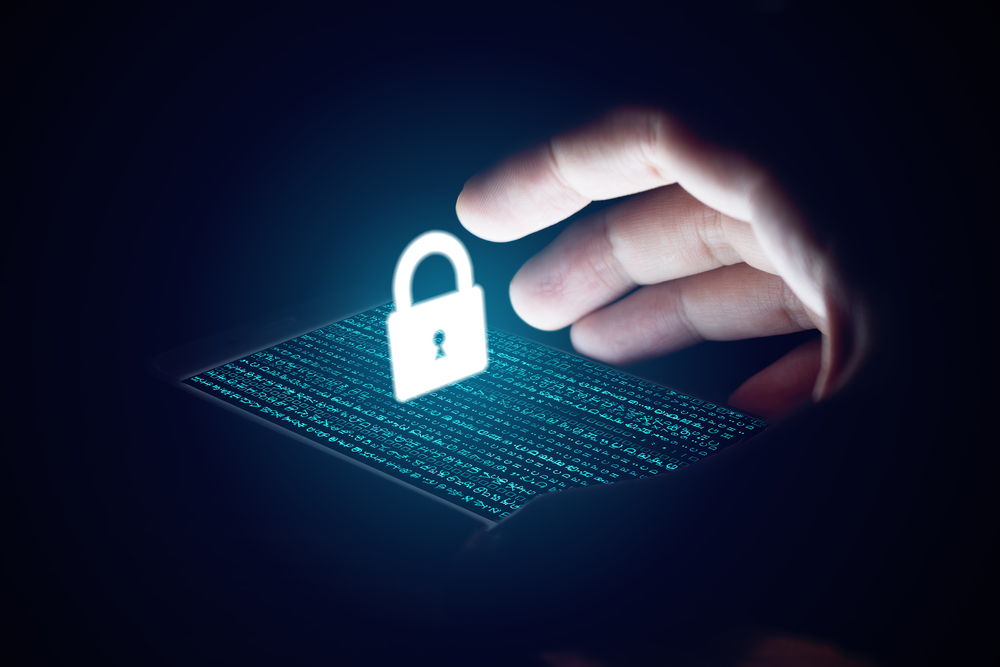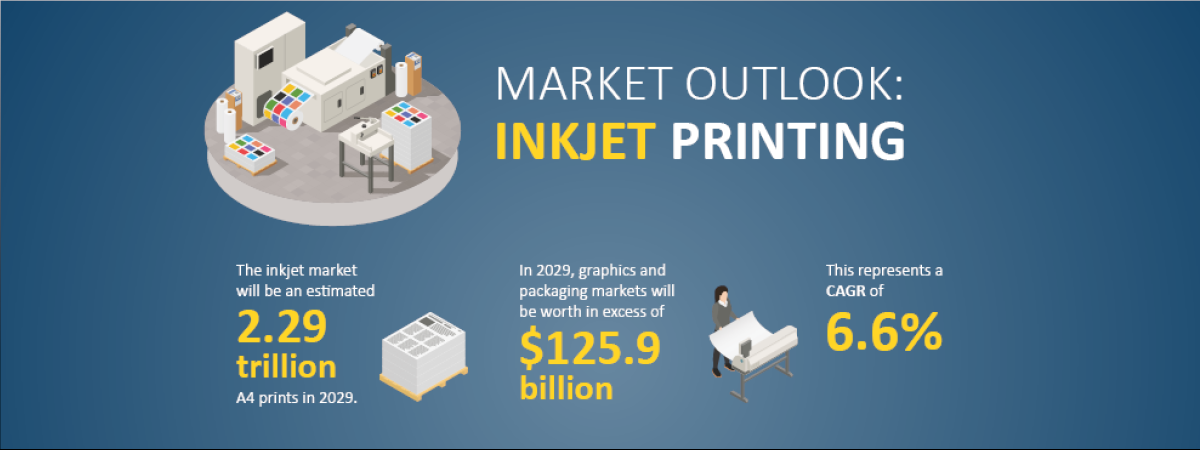6 April 2020

Working from home – scam awareness
In response to COVID-19, many members will be encouraging staff to work from home. This presents new cyber security challenges that must be managed.
For many organisations, home working has become the new normal. Remote technology offers huge benefits, but can open employees up to increasing frequent and sophisticated online scams.
As a result of the COVID-19 situation, cyber criminals are using a range of new techniques online to trick people into handing over money or reveal sensitive information (phishing). Example scams include the sale of medical supplies, fines for irresponsible behaviour, notifications of tax rebates and encouraging people to donate money to vaccine research or fake charities.
Additionally, without the benefit of an office environment and colleagues to consult, it can be more difficult to make a sensible judgement on a received communication.
This guidance:
- Recommends steps to take to prevent cyber scams
- Provides some tips on how individuals can spot the typical signs of phishing emails
- Identifies sources of further information and training
To view the guidance, please download the document below.
Downloads
 Intergraf Economic News (Paper Prices) - March 2024
Intergraf Economic News (Paper Prices) - March 2024
18 March 2024
Access the latest edition of the Economic Newsletter for the European Printing Industry for data on paper consumption, and pricing data for pulp, paper and recovered paper. Data for packaging papers and board is also available with this edition.
 UK to follow global expansion of inkjet printing
UK to follow global expansion of inkjet printing
21 March 2024
The latest expert analysis from Smithers identifies the potential of the latest generation of inkjet systems to improve profitability across the global print market. Read more about the new report The Future of Inkjet Printing to 2029.
The BPIF is the printing industries champion. By becoming a member you join a diverse and influential community. We help you solve business problems, connect you to new customers and suppliers and make your voice heard in government.
Call 01676 526030









